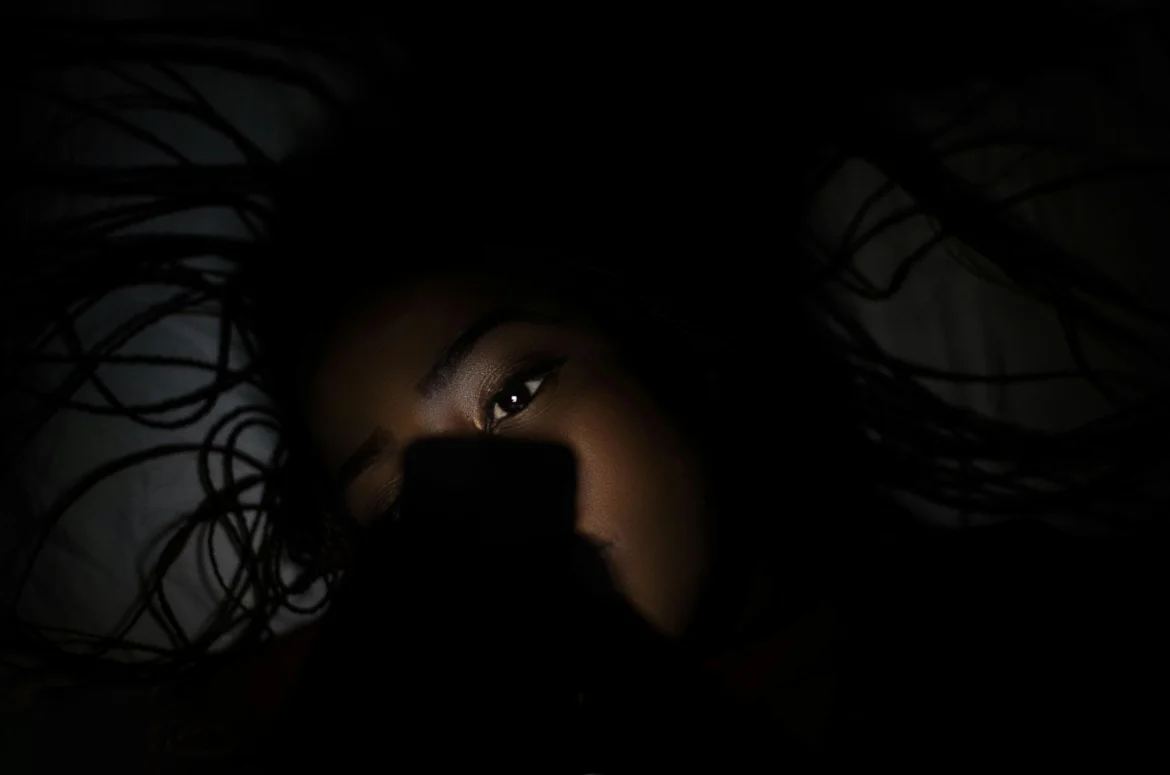Living with major depressive disorder can be an overwhelming battle, affecting even the simplest daily tasks. Recognizing the significance of prompt intervention, a team of scientists from Dartmouth College in New Hampshire has developed a mobile application named MoodCapture. This app, still in its developmental phase, leverages artificial intelligence (AI) to provide real-time assessments of users’ mental well-being through facial recognition technology.
The concept behind MoodCapture is ingeniously simple: each time a user unlocks their phone, the app’s AI algorithm analyzes their facial expressions and the surrounding environment captured by the device’s front camera. By scrutinizing subtle cues in the user’s facial expression and background details, MoodCapture can detect early signs of depression.
In a recent study involving 177 individuals diagnosed with major depressive disorder, MoodCapture exhibited a promising accuracy rate of 75% in identifying early symptoms of depression. This milestone marks the first instance of utilizing natural facial expressions captured in everyday settings to predict depression, a significant advancement in the field of digital mental health technology.
Andrew Campbell, the Albert Bradley 1915 Third Century Professor of Computer Science at Dartmouth and the corresponding author of the study, emphasized the app’s potential to provide reliable and non-intrusive mood predictions for individuals coping with major depression. Campbell highlighted the importance of leveraging technology to offer personalized interventions and support for mental health challenges.
The researchers envision MoodCapture as a tool to bridge the gap between individuals in need of mental health assistance and the accessibility of resources. By offering real-time insights into users’ emotional states, the app aims to minimize the impact of depression on individuals’ lives and facilitate timely intervention and treatment.
Despite its promising potential, MoodCapture also raises concerns regarding privacy and bias. While the app aims to process all data directly on users’ devices to ensure privacy, addressing potential biases and achieving a higher accuracy threshold of around 90% remain crucial steps for its widespread availability.
Nicholas Jacobson, an assistant professor of biomedical data science and psychiatry at Dartmouth’s Center for Technology and Behavioral Health, emphasized the importance of capturing the dynamic nature of depression symptoms in real time. Jacobson envisions MoodCapture as a proactive solution to detect and address depression symptoms before they escalate, ultimately improving mental health outcomes.
Looking ahead, the research team plans to refine MoodCapture’s diagnostic ability, enhance privacy measures, and expand its knowledge base to further improve accuracy. As Subigya Nepal, a PhD candidate involved in the research, highlighted, the study serves as a proof of concept for utilizing technology to evaluate mental health, with facial expressions emerging as crucial indicators of emotional state.
With MoodCapture poised to revolutionize mental health support through innovative AI technology, the future holds promising prospects for individuals navigating the complexities of depression.
Also, the research teams’ findings were published in arXiv.
For more such insightful news & updates around AI or Automation, explore other articles here. You can also follow us on Twitter.


Leave a Reply